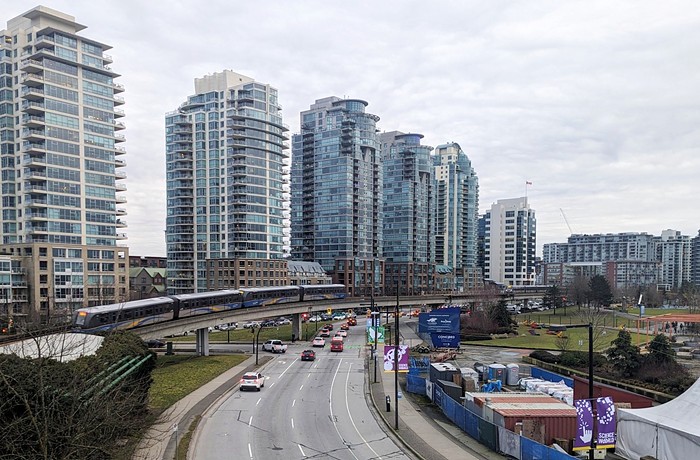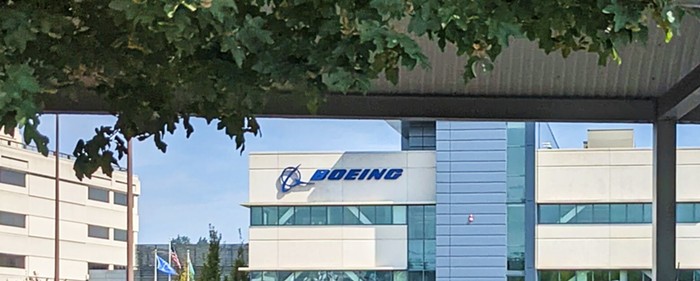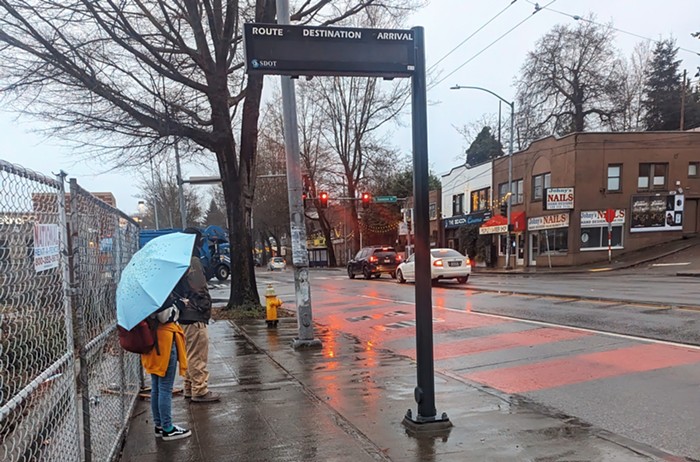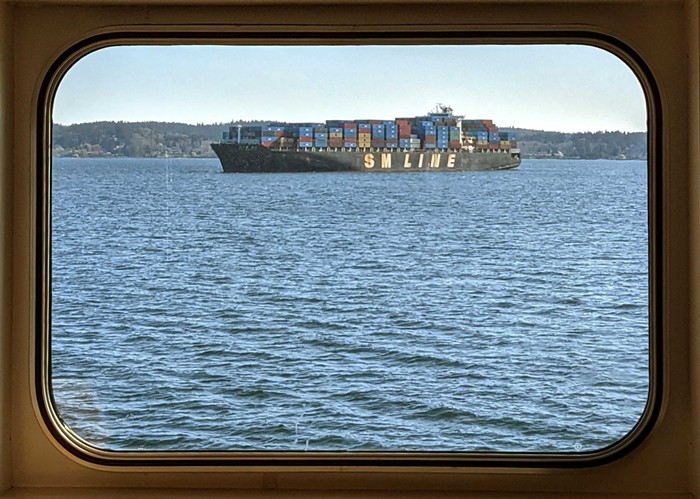
According to Seattle Times's transportation reporter Mike Lindblom, people at an organization called Smarter Transit (formerly Coalition for Effective Transportation Alternatives) are upset that Sound Transit spent an astonishing $858K "celebrating the March 19 opening of two new light-rail stations." They see this as an outrageous waste of the super-tight public purse. They want more accountability. They want to invest in "existing infrastructure" and forms of transportation that do not inspire corruption and immodesty. They love car pooling. They advocate for "accountable public transportation governance" (whatever that means, it does not sound good). And to fund public transportation in a "cost-effective way" (which always means a lame or underfunded public transportation system).
But there are always two types of reasoning. One is lower and the other higher. The lower one is always focused on one or a few trees; the other, the woods as a whole. Meaning, one is about proximate causes and the other is about an ultimate cause. Smarter Transit's criticism of the opening parties provides an example of the low reasoning which dominates much of transportation thinking and polices in our city. A higher reasoning would see, for example, that the money spent on the parties for the opening of the stations (both of which are just splendid—they are the best stations on the line) is much better spent than the $651,000 SDOT is coughing up for a "traffic-network-control software" that will make traffic lights respond in real-time to traffic conditions or situations (clogs, crashes, closures). The hope is that this will make the streets of Seattle less congested.
But congestion caused by cars is really something that should not be solved. Why? Because car-congested streets do encourage people to turn to other and more efficient, more rational, more healthy forms of transportation. In this way, the higher reasoning understands that anything that makes the driving experience more relaxing or less taxing is, ultimately, making the situation as a whole worse. The higher reasoning recognizes meter maids as the real heroes of the city. These fine men and women punish drivers on the daily. They help make the experience of car ownership a very unpleasant one. This is a good thing. They deserve big salaries (bigger than bankers even) and impressive floats at civic parades. This is how we should reason, if we are to reason well.



















